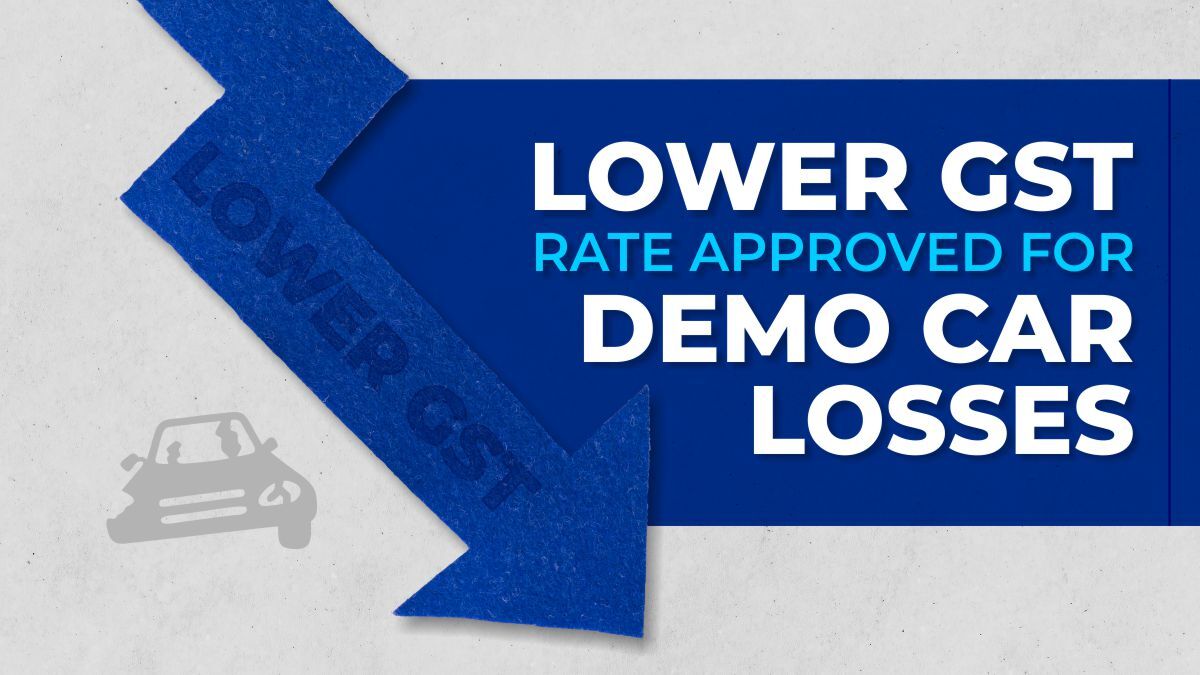
Introduction
In a landmark ruling, the Authority for Advance Ruling (AAR) West Bengal has set a precedent that could significantly reshape the landscape for automobile manufacturers and dealerships nationwide. The ruling, favoring a lower rate of GST on losses incurred while selling demo cars at reduced prices, has ignited discussions and potential shifts in tax strategies within the industry, making it a crucial development for all stakeholders to be aware of.
Demo cars, often sold at a discount or lower value, have historically been subject to GST at the selling rate of 28% plus cess. However, a key aspect of contention arises when dealerships, having purchased demo cars from manufacturers at full price, suffer losses when selling them at a reduced rate. In such cases, manufacturers typically reimburse dealerships for the incurred losses.
AAR West-Bengal Ruling
The AAR of West Bengal has determined that the reimbursement received by dealerships from manufacturers for the loss on the sale of demo cars should be treated as consideration for the supply of services involving the agreement to tolerate an act. Consequently, this reimbursement is now deemed liable for 18% GST, rather than the previous 28% plus cess.
This ruling marks a significant milestone for automobile dealerships across the country, addressing longstanding concerns regarding operational costs associated with showroom management, particularly those related to demonstration vehicles. However, categorizing the reimbursement for demo car losses as taxable under GST at 18% has raised eyebrows within the sector.
The recent ruling could have a major impact on the tax strategies employed by automobile companies with showrooms. It underscores the urgent need for clear government guidance on Input Tax Credit (ITC) for demo cars, particularly due to the conflicting decisions from other AARs. Without such clarification, companies may face uncertainty and potential challenges in their tax planning and compliance efforts. Specifically, the ability to claim ITC on demo cars is crucial for reducing the overall tax burden and ensuring financial efficiency.
Understanding ITC Eligibility for Demo Cars per Telangana AAR
A notable precedent in this context is the ruling by the Telangana AAR regarding ITC eligibility on demo cars. In the case of M/s. Sai Service Pvt Limited, the Telangana AAR, ruled that ITC is eligible for demo cars only if used for further supply, such as sale, lease, or rental. However, if the demo cars are retained for use as replacement vehicles in the workshop, ITC is not eligible. This ruling was based on the observations that demo cars, treated as capital assets, cannot be sold within two years or before reaching 40,000 kilometers of usage and require vendor company approval for earlier sale.
Section 17(5) of the CGST Act 2017 generally restricts the ITC claim on motor vehicles, with exceptions based on the purpose of usage. The Telangana AAR ruled that if the demo cars are used for further supply, the applicant can claim ITC. However, if retained for use in the workshop, ITC must be repaid in cash, as no further supply is involved.
While the AAR’s decision sets a precedent for a lower GST rate on demo car losses, it also introduces complexities and uncertainties regarding the taxation of such transactions. The industry now faces a dual challenge: navigating the reduced GST rate on demo car losses and understanding the implications of ITC eligibility for demo cars. As the industry grapples with these changes, clarity from the government will be crucial in ensuring consistent application and compliance with GST regulations, especially concerning the eligibility and application of ITC for demo cars. The gravity of this situation cannot be overstated, and immediate action is necessary to adapt to these new regulations.
